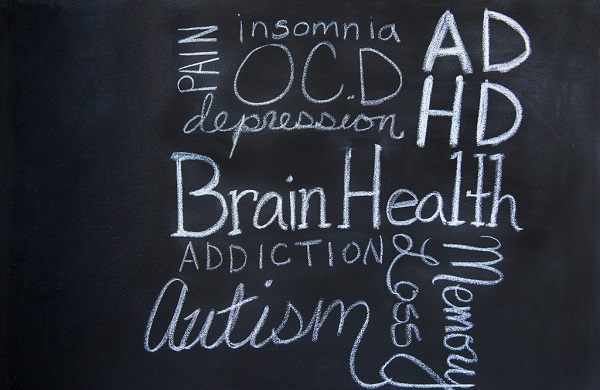-
Tips for becoming a good boxer - November 6, 2020
-
7 expert tips for making your hens night a memorable one - November 6, 2020
-
5 reasons to host your Christmas party on a cruise boat - November 6, 2020
-
What to do when you’re charged with a crime - November 6, 2020
-
Should you get one or multiple dogs? Here’s all you need to know - November 3, 2020
-
A Guide: How to Build Your Very Own Magic Mirror - February 14, 2019
-
Our Top Inspirational Baseball Stars - November 24, 2018
-
Five Tech Tools That Will Help You Turn Your Blog into a Business - November 24, 2018
-
How to Indulge on Vacation without Expanding Your Waist - November 9, 2018
-
5 Strategies for Businesses to Appeal to Today’s Increasingly Mobile-Crazed Customers - November 9, 2018
Internet usage could have a link to mental health
Youngsters spending excessive time on the internet are more likely to suffer from mental health problems including anxiety, inattention, depression, executive functioning issues, impulsiveness, and ADHD. That general mental health and well being survey was created to detect symptoms of depression and anxiety, impulsiveness, ADHD, inattention and executive functioning.
Advertisement
Those who were online the most had more trouble dealing with their day to day activities, at home, school, and in social settings.
They evaluated internet addiction using the Internet Addiction Test, as well as newer scale of their own design, based on updated addiction criteria. Time management also appeared to be a problem hard to handle.
According to Canadian researchers, the increasing use of the Internet can cause mental health issues.The scientists used, besides other criteria, a certain tool to prove the Internet addiction called the Internet Addiction Test (IAT).
“This leads us to a couple of questions: Firstly, are we grossly underestimating the prevalence of Internet addiction and secondly, are these other mental health issues a cause or outcome of this excessive reliance on the Internet?”
Van Ameringen said that internet use has changed over the past 18 years with the advent of social media, online jobs, video streaming and the like.
Dr. Jan Buitelaar, a psychiatry professor at Radboud University Nijmegen Medical Center in the Netherlands says excessive internet use is “an understudied phenomenon that disguise mild or severe psychopathology”. They have reasons to believe that depression, anxiety, impulsiveness and even ADHD can emerge with users who spent countless hours on the Internet.
When all the information was compiled these were the results: 33 of the 254 students met the requirements for internet addiction according to the original IAT.
The study will be presented this week at the European College of Neuropsychopharmacology’s (ECNP) annual meeting in Vienna, Austria. However, the new scale developed by Van Ameringen and his team put the number of student with problematic internet use to 107.
“This may have practical medical implications”. The study and the results need to be considered exploratory until they become published.
Through this study, they differentiate between people who use the Internet in an excessive way for their personal modern use from those who are using the Internet as a working tool. If you are trying to treat someone for an addiction when in fact they are anxious or depressed, then you may be going down the wrong route. Van Ameringen added that to achieve a better understanding of the problem and come up with a solution, large-scale studies should be conducted among a bigger and more diverse group of people.
Advertisement
With 42.1 per cent of those surveyed facing mental health problems as a result of excessive Internet use, scientists are now questioning if the prevalence of Internet addiction is grossly underestimated and if additional mental health issues are a cause or effect of the excessive reliance on the Internet.





























